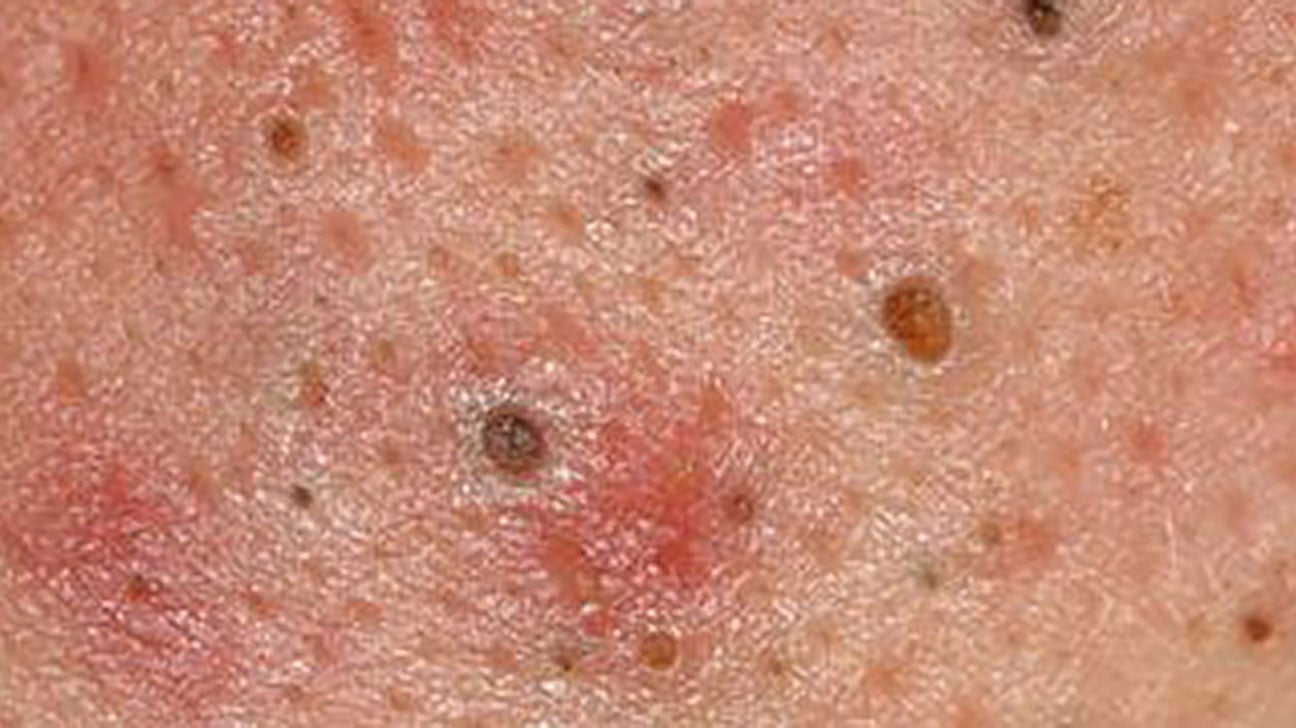Acne is a common skin condition that affects people of all ages, but it’s most prevalent among teenagers and young adults. It occurs when hair follicles become clogged with oil and dead skin cells, leading to whiteheads, blackheads, pimples, and sometimes more severe forms like cysts and nodules. Factors contributing to acne include hormonal changes, diet, stress, and the use of certain cosmetics or medications. Understanding acne’s causes, types, and treatment options can help manage this condition and improve skin health.
Causes of Acne
- Hormonal Fluctuations: Increases in androgens (male hormones present in both males and females) can cause the sebaceous glands to enlarge and produce more sebum, leading to acne.
- Genetics: A family history of acne might increase your risk.
- Diet: Certain foods, especially those high in sugars and dairy products, might trigger acne in some people.
- Stress: While not a direct cause, stress can exacerbate acne by increasing the production of hormones that stimulate oil glands.
- Cosmetics: Oil-based cosmetics can clog pores, while certain skincare products might irritate the skin and worsen acne.
Types of Acne Lesions

- Comedones: Non-inflammatory acne that includes blackheads (open comedones) and whiteheads (closed comedones).
- Papules: Small, red, raised bumps caused by inflamed or infected hair follicles.
- Pustules: Papules topped with pus.
- Nodules: Large, solid, painful lumps beneath the surface of the skin.
- Cysts: Painful, pus-filled lumps beneath the skin’s surface, which can cause scars.

Image Credit – Healthline
Treatment Options
- Over-the-Counter Treatments: Products containing benzoyl peroxide, salicylic acid, or alpha hydroxy acids can treat mild acne by killing bacteria, reducing oil, and promoting the shedding of dead skin cells.
- Prescription Medications: For moderate to severe acne, dermatologists may prescribe topical retinoids, antibiotics, oral contraceptives (for women), or isotretinoin (Accutane).
- Therapies: Light therapy, chemical peels, and drainage and extraction procedures can treat stubborn acne and reduce the risk of scarring.
Skincare Routine for Acne-Prone Skin
- Gentle Cleansing: Wash your face twice daily with a mild cleanser to remove excess oil and dirt.
- Non-Comedogenic Products: Use skincare and makeup products labeled “non-comedogenic,” meaning they won’t clog pores.
- Moisturize: Choose oil-free moisturizers to keep your skin hydrated without adding more oil.
- Avoid Picking or Squeezing: This can lead to further inflammation and scarring.
Lifestyle Changes and Home Remedies
- Dietary Adjustments: Limiting dairy intake and high glycemic foods may help some people manage their acne.
- Stress Management: Techniques such as yoga, meditation, and regular exercise can reduce stress levels.
- Adequate Sleep: Ensuring enough sleep helps the body regulate hormones effectively.
When to See a Dermatologist
If over-the-counter treatments are ineffective, or if acne is severe and causing distress or scarring, it’s essential to consult a dermatologist. They can provide a tailored treatment plan and monitor your progress, adjusting treatments as necessary to improve your skin condition.
Managing acne effectively often requires a combination of treatments and patience, as improvements can take several weeks or months. With the right approach, most people can achieve clearer skin and reduce the impact of acne on their daily lives.




